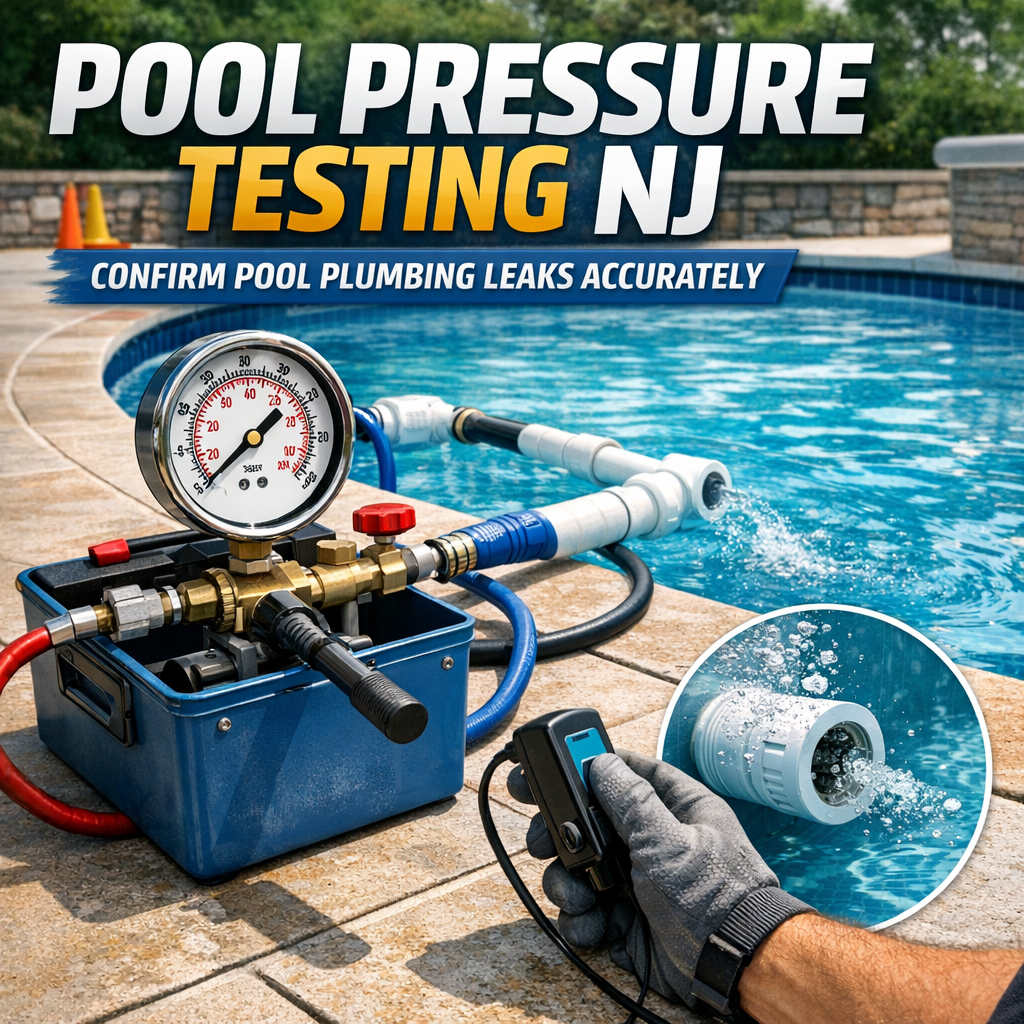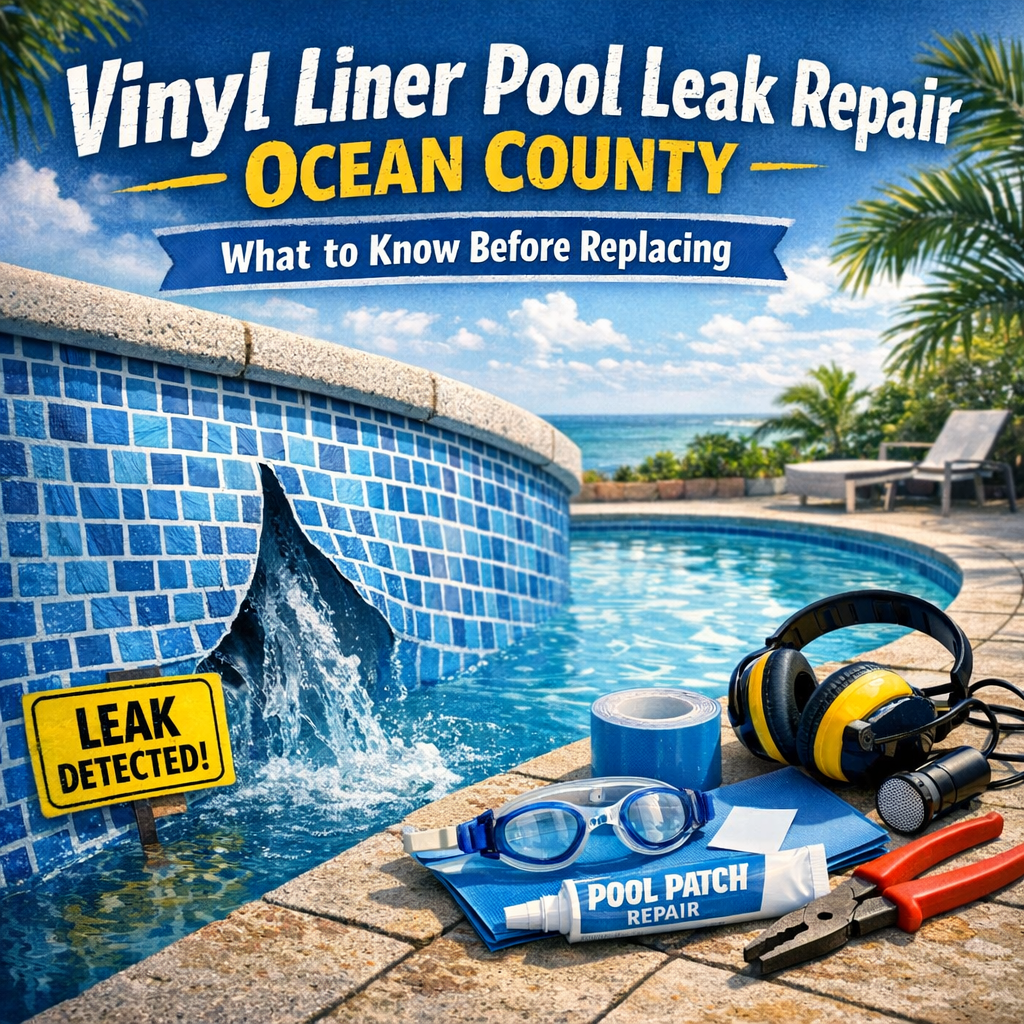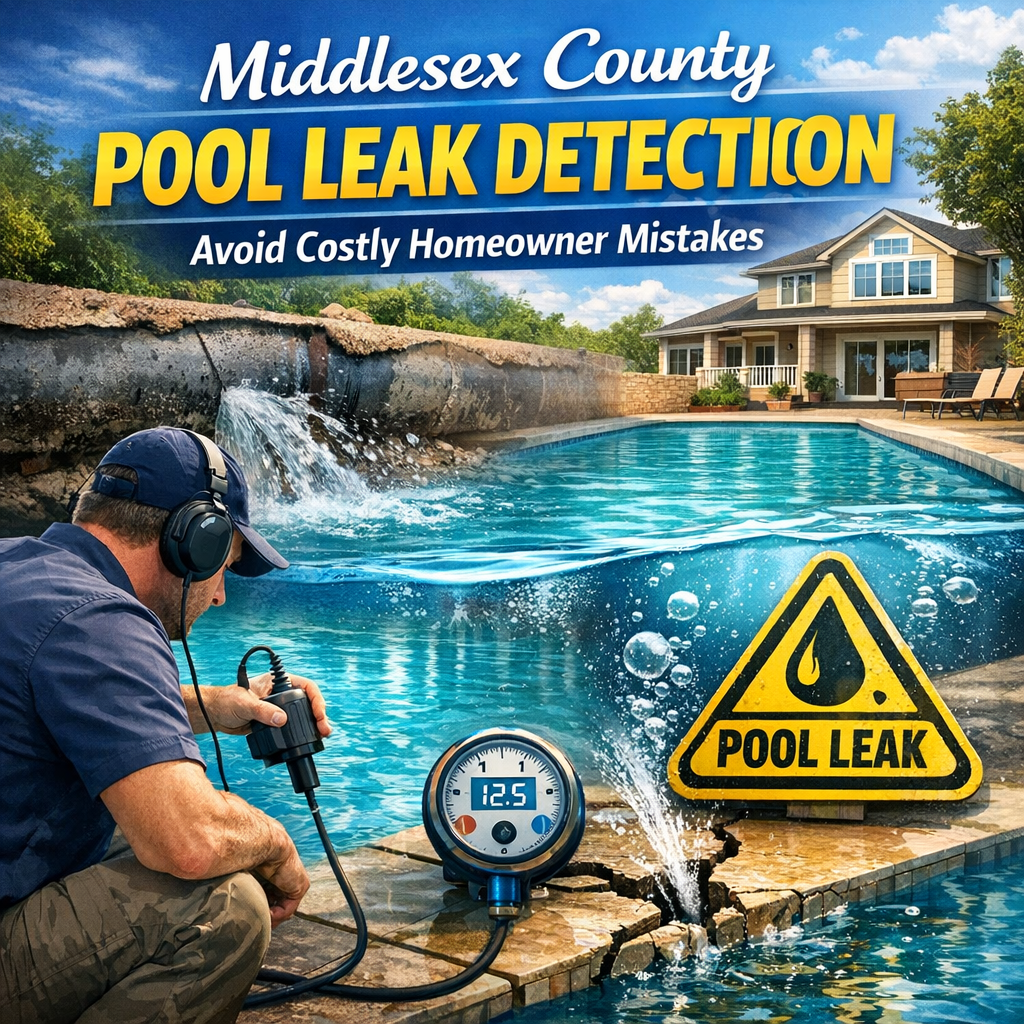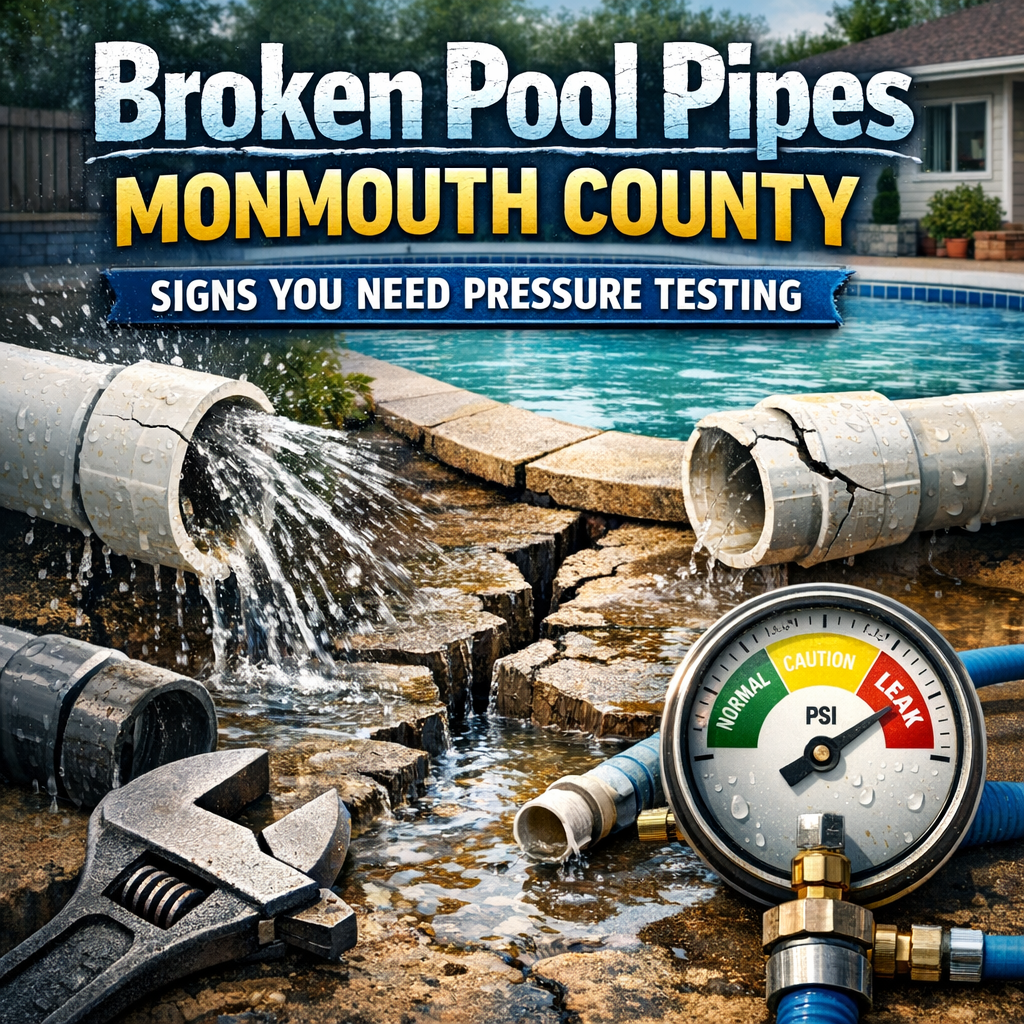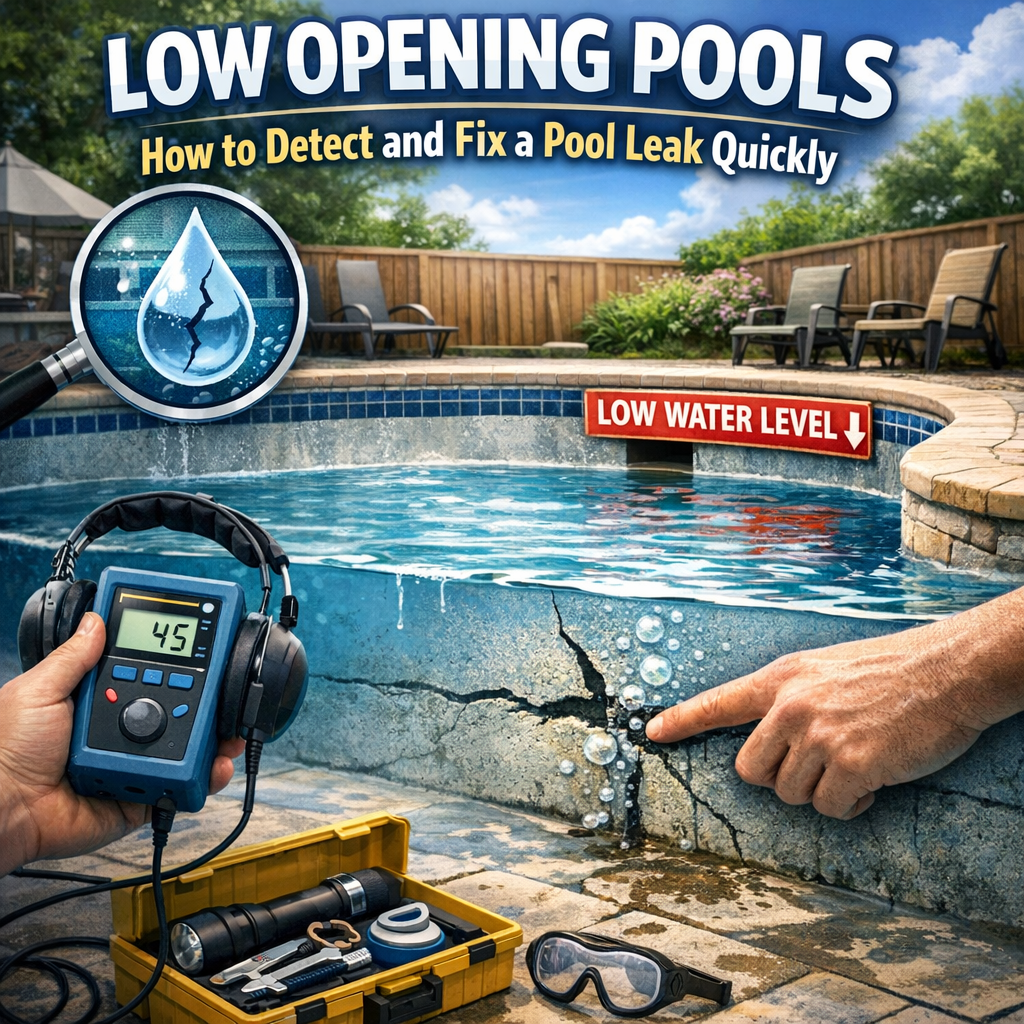Point Pleasant pools are popular features in many residential and commercial properties, offering a space for relaxation and recreation. However, over time, these pools can develop structural weaknesses that lead to leaks, compromising their integrity and functionality. Understanding how these weaknesses form requires a closer look at the materials used in construction, common causes of deterioration, and the influence of design and age. This article explores how Point Pleasant pools can develop structural leak weaknesses, providing insight into the underlying factors at play.
Understanding the Composition of Point Pleasant Pools and Their Materials
Point Pleasant pools are typically constructed using a combination of concrete, gunite, vinyl liners, and sometimes fiberglass shells. Concrete and gunite are popular for their durability and versatility, often reinforced with steel rebar to enhance strength. These materials are designed to withstand water pressure and environmental conditions, but they are also susceptible to wear over time. Vinyl liners, on the other hand, serve as a waterproof barrier and are relatively flexible, but they can be prone to punctures and tears. The choice of materials and their installation quality significantly influence the pool’s long-term structural integrity. Variations in material quality, improper mixing, or inadequate curing can create vulnerabilities that may lead to cracks, shifts, or other forms of deterioration, setting the stage for leaks.
Common Causes of Structural Weaknesses in Pool Construction
Several factors contribute to the development of structural weaknesses in Point Pleasant pools. Poor construction practices, such as inadequate compaction of the soil beneath the pool or improper reinforcement placement, can create stress points that weaken the structure over time. External factors like ground movement, soil erosion, or freeze-thaw cycles can induce cracks or shifts in the pool shell. Additionally, chemical imbalances in the water, especially high levels of chlorine and pH fluctuations, can accelerate corrosion of steel reinforcements or degrade liner materials. Poor drainage or water seepage around the pool can also undermine the surrounding soil, leading to settling or shifts that compromise the pool’s structural integrity. All these factors can cause the formation of small cracks or weaknesses that gradually expand, resulting in leaks.
How Pool Design and Age Contribute to Leak Formation and Progression
The design of a pool plays a crucial role in its susceptibility to leaks, especially as it ages. Features such as sharp corners, inadequate reinforcement, or complex shapes can create stress concentration points where cracks are more likely to develop. Over time, natural wear and tear, combined with environmental exposure, lead to material fatigue and deterioration. Older pools are more prone to structural weaknesses due to prolonged exposure to chemicals, ground movement, and material aging. As the pool ages, small cracks may form initially, but without proper maintenance or repairs, these cracks can expand and coalesce, creating pathways for water to escape. The progression of leaks is often a gradual process, exacerbated by ongoing external and internal stresses, ultimately compromising the pool’s structural integrity if not addressed promptly.
Understanding how Point Pleasant pools develop structural leak weaknesses is essential for maintaining their longevity and safety. Recognizing the roles of construction materials, common causes of deterioration, and the impact of design and age can help pool owners and builders implement better maintenance practices and design strategies. Early detection and timely repairs are key to preventing minor issues from escalating into major structural failures, ensuring the pool remains a safe and enjoyable feature for years to come.


